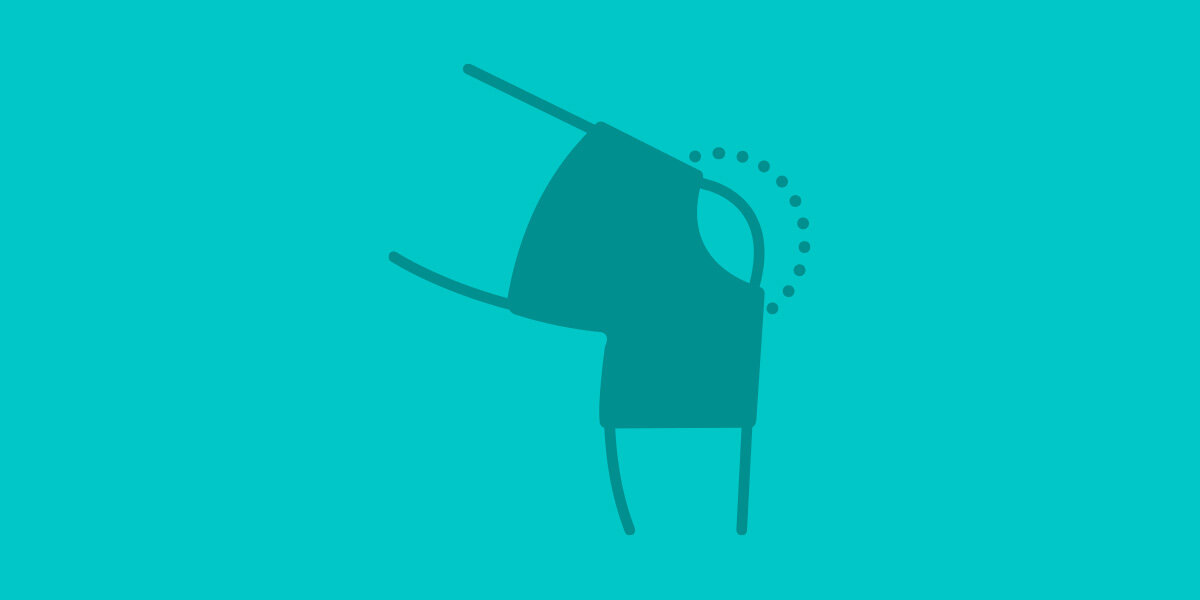
Conditions
How we can help.
We can help with a wide range of conditions. And have been trained to take you through a thorough questioning and assessment process in order to allow us to diagnose the type of condition that you may have. We will create a bespoke treatment plan to enable you to get back on your feet, return to sport or get back to work.
Below are a list of conditions we have experience in helping
Muscle and joint pain
Headache and migraine
Back pain and sciatica
Pregnancy discomfort
Arthritis
Foot and ankle pain
Hand and elbow pain
Hip and knee pain
Neck pain
Shoulder pain
Tennis elbow and Golfers elbow
Sports injuries and work related injuries
Back and Neck Pain
Spinal problems, including low back and neck pain, is what Osteopaths are most commonly known for treating. Low back pain can also cause pain into the groin, buttock and legs – sometimes without any low back pain at all. Neck problems can cause headaches, dizziness, and pain behind the eyes, pain into the shoulder, arms and hands. Pins and needles and numbness into the arm or hand can also be indicative of a nerve entrapment in the neck. The osteopaths at The Bedworth Active Health Clinic are trained to assess and evaluate where the breakdown or problem is occurring and treat it accordingly.
Low back and spinal pain can affect anyone, young to old, manual workers or deskbound, elite athletes to non-sports people. The Bedworth Active Health Clinic osteopaths are trained to tailor treatment and advice for all.
Read More
Sports Injuries
Osteopaths are trained to treat, diagnose and rehabilitate sports injuries such as torn muscles, ligament tears and tendon injuries in anybody partaking in elite or casual sports.
We can perform a biomechanical assessment with a view to improving performance and preventing injury, by restoring balance if there is excessive or uneven load being put on certain areas of the body. We are also trained to provide advice on diet and nutritional factors.
Arthritis
Osteoarthritis involves age-related changes to the joint, commonly referred to as wear and tear. Even though it is often thought that nothing can be done except rest and medication, osteopathy may be able to improve the symptoms. Osteopathic treatment cannot reverse the changes to the arthritic joint but through improving the mobility and efficiency of that joint and the surrounding joints and by releasing muscle tension around the joint, it can help to alleviate the symptoms and reduce the reliance on medication.
Other types of Arthritis, such as Rheumatoid Arthritis, can be safely treated by Osteopaths. This is a more systemic, auto-immune problem that affects more than one joint and is often diagnosed through a blood test. Osteopathy can help to alleviate some of the pain associated with this condition to reduce pain and improve quality of life.
Pregnancy
Huge changes occur during pregnancy placing load on the musculo-skeletal system. The body naturally adapts and the posture changes to compensate for the extra weight at the front of the body and more hormones will be released to increase mobility around all joints. Pelvic and low back pain, symphasis pubis dysfunction (pubic pain), Sciatica and upper back pain are all common presentations of expectant and new mothers. The osteopaths at The Bedworth Active Health Clinic have been trained to safely treat pregnant patients and will give expert advice on safe gentle exercises, often including Pilates type exercises, to keep the back strong and improve posture throughout. Post natal treatment and advice can also be very beneficial. As the posture returns to its previous form, problems may also occur, especially whilst carrying and feeding a young one. For more information on pregnancy, see our blog. Pilates during pregnancy can be hugely beneficial, please call for more information on private or small classes.
Read More
Cranial Osteopathy – suitable for babies & infants
Cranial treatment is an extremely gentle technique, so much so it can even be used on newborn babies. Used to release strain and tension patterns throughout the body, it is know as ‘cranial’ osteopathy as the majority of the treatment is carried out using gentle pressure on the head (cranium). Cranial treatment may also involve gentle contact to the spine and tailbone (sacrum).
The osteopath palpates for an involuntary rhythm that occurs in everybody, but can be disrupted by a trauma, road accidents or a difficult birth in babies, and restores the natural balance and rhythm through gentle, often almost imperceptible, movements.





